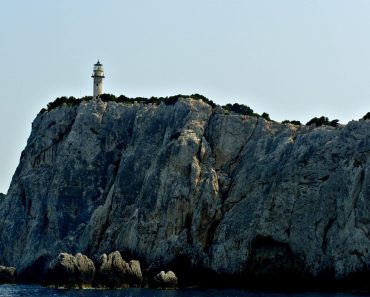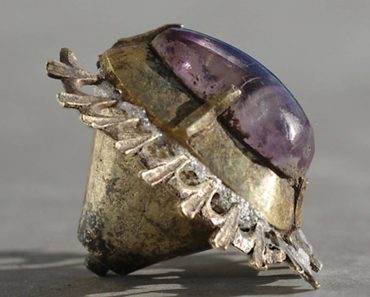Greeks and Germans have been in a complicated relationship for a very long time, from before Germany joined NATO in 1955, from before Greece acceded to the European Economic Community in 1981. German Romanticism coincided with the Greek Revolution: German poets, painters, intellectuals were inspired by ancient Greece and supported the Greeks’ struggle for freedom. Greece’s first king, Otto, was Bavarian. Germany was allied with the Ottoman Empire and maintained good relations with Turkey. The German Occupation during World War II and the Greek Crisis are among the more important events which shaped Greeks’ opinion of Germans. Consequently, a 2024 poll found that just 31 percent of Greeks had a “positive” or “very positive” opinion of Germans. How is it, then, that a poll published on Friday finds that 66 percent of Germans have a “positive” or “very positive” opinion of Greeks, with just 8 percent having a “negative” or “very negative” opinion and 25 percent declaring a “neutral” one?
Angela Merkel has her view on the Greeks. “You are a strong people, we have a lot to learn from you,” the greatly experienced former chancellor said in a public discussion with Kathimerini’s Executive Editor Alexis Papachelas in Athens on Wednesday. If she was pointing to the Greeks’ resilience and inventiveness, this is not what concerns most people. That is why a report produced by the Friedrich Ebert Foundation office in Athens, “Greece through German Eyes: Beyond Stereotypes in German-Greek Relations,” is so interesting, coming after several surveys on Greek opinions. “The reports highlight the different collective memories and political sensitivities: Whereas many Germans shape their views mainly through holiday experiences, many Greeks continue to focus on historical tensions and unfinished business,” commented Ronald Meinardus, coordinator of the study which was presented on Friday. Among its findings: When asked, “What are the first three words that come to mind when you think of Greece?” 48 percent of Germans polled replied, “Sea, sun, warm weather,” 31 percent responded “Food (souvlaki, tzatziki, feta),” 27 percent said “Beautiful country – hospitable people.” After this came mentions of history, culture and monuments. “Crisis-poverty-bankruptcy” garnered a mere 9 percent.
Whereas memories shape Greeks’ views on the Germans, the Germans express a longing for an ideal place for holidays and, in growing numbers, for settling after retirement. When the two nations see each other as they are today, they will build a common future on firmer ground.







